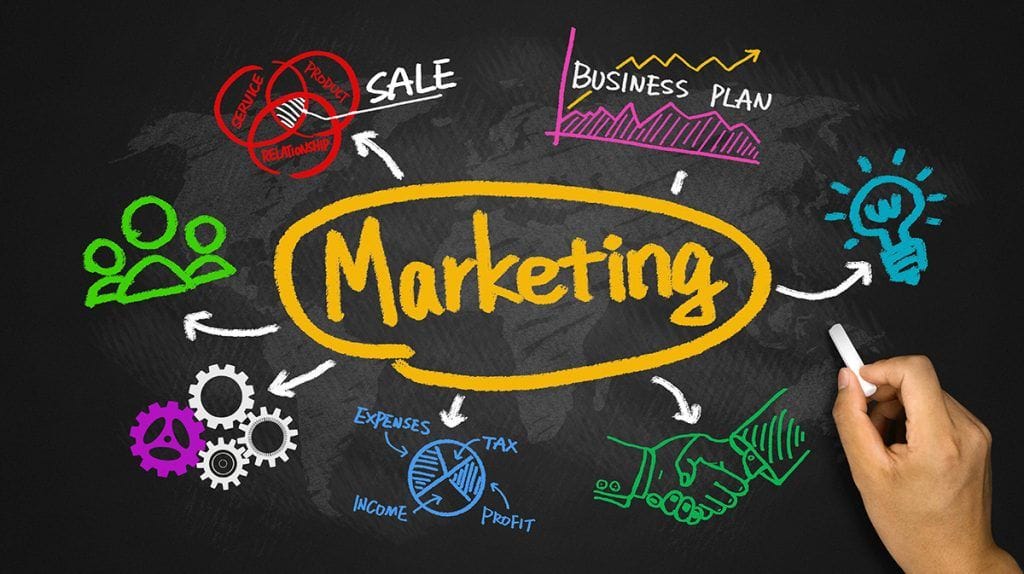In today’s business landscape, Artificial Intelligence (AI) has become a key enabler of success. But how does its application differ between the B2B and B2C sectors, and how can companies leverage these differences to drive their Sales Strategies?
AI is transforming both Business-to-Business (B2B) and Business-to-Consumer (B2C), but with distinct approaches and objectives that reflect the particularities of each business model and its Sales Optimization needs .
Artificial Intelligence in the B2C sector: Personalization and Customer Experience
In B2C, AI is mainly focused on improving the Customer Experience and optimizing direct sales. This approach is characterized by:
- Large Scale Personalization: Use of machine learning algorithms to deliver personalized product recommendations.
- 24/7 Customer Service: Implementation of intelligent chatbots to provide continuous support.
- Predictive Consumer Analytics: Anticipating consumer trends to adapt the offer in real time and improve Sales Development.
Artificial Intelligence in the B2B sector: Strategy and Process Optimization
In contrast, the B2B sector applies AI in a more strategic and long-term manner, focusing on Business Development:
- Internal Process Optimization: Automation of complex manufacturing processes and supply chain management.
- Data-Driven Decision Making: Analysis of large volumes of data to identify business opportunities and improve strategic decision making.
- Customized Solutions: Adaptation of complex solutions to the specific needs of each corporate customer, facilitating the Internationalization of companies.
Keys to Leverage Artificial Intelligence in B2B and B2C Sales
- Sales Cycle: In B2C, AI focuses on quick, emotional decisions. In B2B, it nurtures long-term relationships and provides insights throughout the sales process, being crucial for the Commercial Outsourcing.
- Personalization: B2C offers product recommendations based on individual preferences. B2B allows for deeper customization, tailoring complete solutions to specific business needs.
- Data Management: B2C handles large volumes of consumer data. B2B requires more sophisticated analysis of complex but less voluminous data.
- Automation: In B2C focuses on marketing and inventory management. In B2B, it automates more complex processes such as generating customized quotes.
Successful implementation of AI in both B2B and B2C will depend on the ability of companies to adapt these technologies to their specific needs and those of their customers, which often requires specialized consulting.
naifman, specializing in boosting technology companies
At naifman, we understand the importance of applying Artificial Intelligence strategically in sales and business development processes. Our expertise in Commercial Consulting and B2B Business Development allows us to help companies implement AI solutions that boost their growth and competitiveness.
Are you looking for an experienced partner in the implementation of Business Strategies for Technology Companies to boost your B2B or B2C sales? Contact us through our contact formor by sending an email to support@naifman.com or by scheduling a meeting here!
Get into the innovative sector of artificial intelligence!





